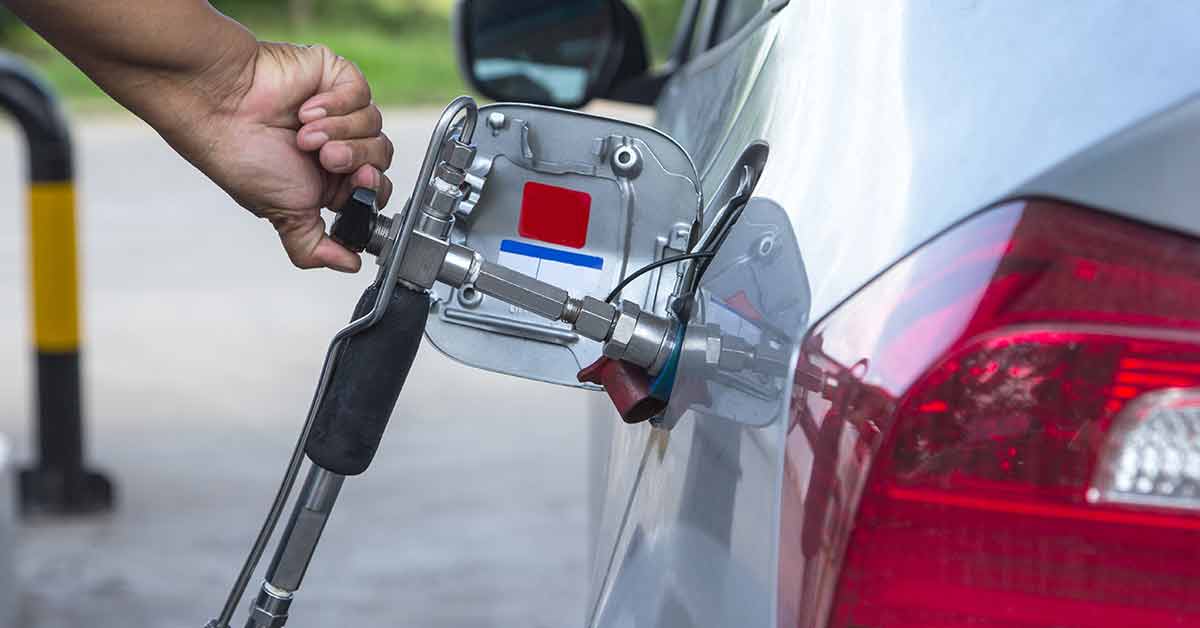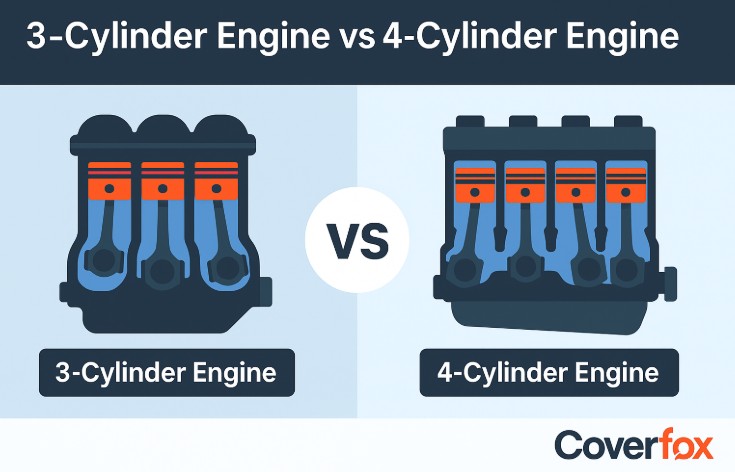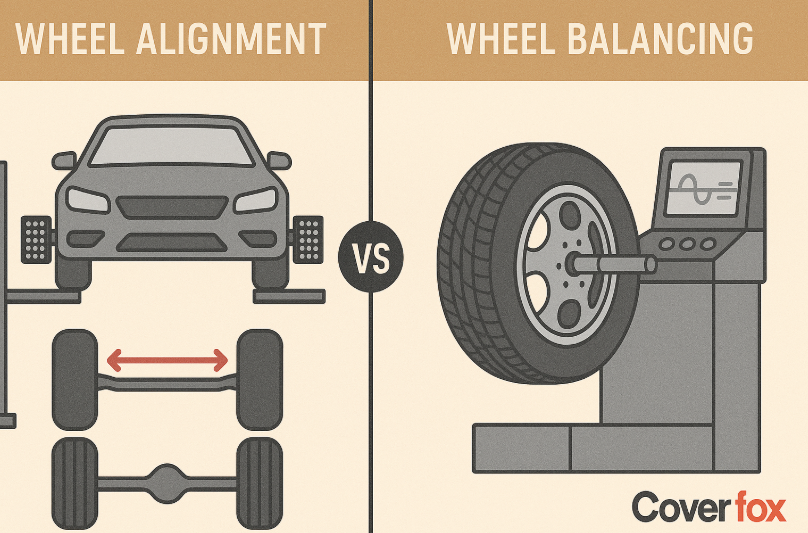Compressed Natural Gas, or CNG, is one of the popular alternatives for fuel in cars, offering both economic and environmental advantages. However, there are several considerations when you get a CNG kit fitted in your car, which includes its impact on car insurance.

This article provides you with a comprehensive overview of CNG kits and their implications for car insurance so you can make informed decisions.
Understanding CNG Kits
A CNG kit enables a conventional petrol or diesel vehicle to operate on compressed natural gas. The kit typically includes components such as a CNG cylinder, pressure regulator, and fuel injectors. There are two main types of CNG kits available:
- Venturi CNG Kits: Suitable for carbureted engines, these kits are cost-effective and simpler to install. However, they may offer less precise fuel delivery, potentially affecting engine performance.
- Sequential CNG Kits: These kits are intended for the fuel injection system and provide more accurate fuel delivery through better performance and fuel efficiency. These kits are costlier since they incorporate advanced technology.
Installation Considerations
Before installing a CNG kit, it's crucial to ensure your vehicle is compatible. Consult with authorized dealers and refer to the list of approved vehicles provided by the Regional Transport Office (RTO). Installation should be performed by certified professionals to maintain safety standards.
Cost Implications
The cost of a CNG kit varies depending on the type and brand. An average, high-quality CNG kit can range between ₹40,000 and ₹60,000. The initial investment is significant, but the lower cost of CNG compared to petrol or diesel can result in considerable savings over time.
Legal Requirements
Post-installation, one must update the registration certificate of their vehicle to reflect the modification of CNG. The RTO will be providing a compliance certificate ensuring the installation meets all the required standards.
Impact on Car Insurance
The CNG kit installation affects your car insurance in the following ways:
- Premium Adjustment: Any increase in insurance premium by any of the following would include: Fuel type Change in vehicle modification CNG kit addition will increase IDV, which increases premiums, and the additional premiums for that are usually around 4-5% of CNG kits cost.
- Compulsory Disclosure: The insurance company needs to be informed of the installation of the CNG kit. Non-disclosure will lead to the rejection of claims because the policy documents would not mention the details of the vehicle.
- Third-Party Liability Cover: IRDAI has also issued a notification mandating additional premium on third-party liability cover for vehicles that have CNG kits, and it is approximately ₹60.
How to Update Your Insurance Policy?
- Notify the Insurer: Report to your insurance company about the installation of the CNG kit.
- Submit Documents: The updated registration certificate and certification of the CNG kit are submitted.
- Policy Endorsement: The insurer endorses the policy by adding the CNG kit and changes the premium.
Advantages of CNG Vehicles
- Fuel Cost Reduction: CNG is usually cheaper than petrol and diesel, thus reducing fuel costs.
- Environmental Impact: CNG burns cleaner with fewer pollutants, thus more for the environment.
- Engine Longevity: The residue left from the combustion is less, perhaps giving longer life to your engine and lower maintenance costs.
Disadvantages to Expect
- Initial Investment: The money that is required to install CNG kits is quite substantial.
- Performance Reduction: There is a slight knock on performance and acceleration power.
- Fueling Infrastructure: CNG filling stations are not as plentiful as petrol or diesel stations, which may be an inconvenience.
Conclusion
Driving a car powered by CNG is highly economic and environmentally friendly. However, one needs to take into consideration the costs, legal implications, and the insurance implications of using a car powered by CNG. By being well-informed and proactive, you can make decisions that align with your financial goals and environmental values.
Also Read: 5 Interesting Facts You Must Know About Car Insurance





